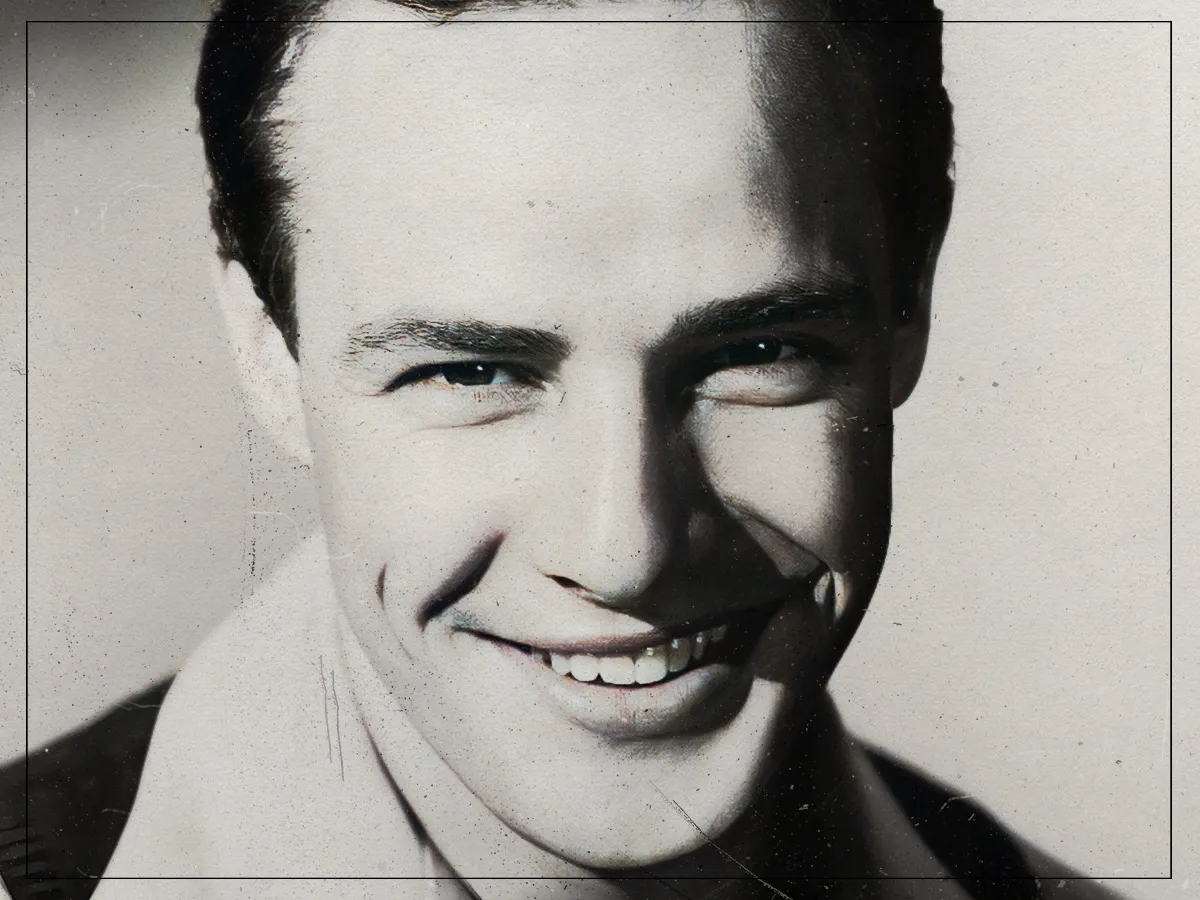“`markdown
Marlon Brando: The Untold Secrets Behind His Legendary Career Revealed!
Marlon Brando, an iconic figure in the film industry, is often celebrated as one of the greatest actors in cinematic history. His career, marked by intense performances and groundbreaking techniques, has left an indelible mark on Hollywood. As we delve into the untold secrets behind his legendary career, we uncover the essence of what made Brando a transformative figure in acting.
Brando’s journey began in the early 1950s when he burst onto the scene with his unforgettable portrayal of Stanley Kowalski in A Streetcar Named Desire (1951). This role not only earned him critical acclaim but also established him as a leading man in American cinema. His unique approach to acting, rooted in method acting, emphasized emotional authenticity and psychological depth, setting a new standard for performers.
The Revolutionary Approach to Acting
Brando’s method approach was revolutionary. He believed that acting should reflect genuine human emotions, a concept that was relatively new at the time. This emphasis on emotional truth transformed the way actors approached their craft, encouraging them to delve deeper into their characters’ psyches.
- Innovative Techniques: Brando’s preparation often included extensive improvisation, allowing him to explore the emotional landscape of his roles.
- Influence on Peers: His techniques inspired a generation of actors, many of whom cite Brando as a major influence in their careers.
His breakout role in A Streetcar Named Desire not only showcased his talent but also solidified his status as a cultural icon. The character of Stanley Kowalski became synonymous with Brando, illustrating his ability to inhabit complex characters fully.
Awards and Recognition
Brando’s talent did not go unnoticed. He won two Academy Awards for Best Actor for his performances in On the Waterfront (1954) and The Godfather (1972). These accolades were a testament to his skill and dedication to the craft.
- On the Waterfront: In this film, Brando’s portrayal of Terry Malloy captured the struggles of a dockworker, earning him his first Oscar.
- The Godfather: His iconic role as Vito Corleone not only won him a second Oscar but also became a defining moment in cinematic history.
Brando’s portrayal of Vito Corleone is often regarded as one of the greatest performances in film. His unique voice and physicality contributed to the character’s depth, influencing countless actors and filmmakers for years to come.
The Rebel of Hollywood
Brando was known for his rebellious nature, often clashing with studio executives over creative control. He believed in the importance of artistic integrity, which frequently put him at odds with the Hollywood system. His refusal to conform to industry norms made him a controversial figure but also a respected one.
- Advocacy for Creative Control: Brando fought for the right to control his projects, paving the way for future actors to have a say in their work.
- Activism: Beyond acting, Brando used his platform to advocate for civil rights and Native American rights, famously refusing his Oscar for The Godfather in protest of Hollywood’s portrayal of Native Americans.
This act of defiance further solidified his status as a cultural icon, demonstrating his commitment to social justice.
Personal Life and Legacy
Brando’s personal life was as tumultuous as his professional one. He experienced multiple marriages and relationships, which often influenced his public persona and artistic choices. Despite the challenges he faced, Brando’s later years saw him focusing on personal projects, including directing and producing.
- Complex Relationships: His personal struggles often mirrored the emotional depth he portrayed in his roles.
- Enduring Influence: Even after his passing in 2004, Brando’s legacy continues to inspire new generations of actors and filmmakers. His unique approach to character development and his advocacy for better working conditions in the industry have left a lasting impact.
Brando’s performances in later films like Apocalypse Now (1979) and The Score (2001) showcased his enduring talent, proving that he remained a formidable presence in cinema.
Conclusion
Marlon Brando’s career is a testament to the power of authenticity in acting. His revolutionary techniques, commitment to social justice, and complex personal life have made him a legendary figure in film history. As we reflect on his contributions, it is clear that Brando’s influence will continue to resonate in the world of acting for generations to come.
In the words of Brando himself, “We act to save our lives actually, every day.” This profound statement encapsulates the essence of his craft and the legacy he leaves behind.
“`






Leave a Comment